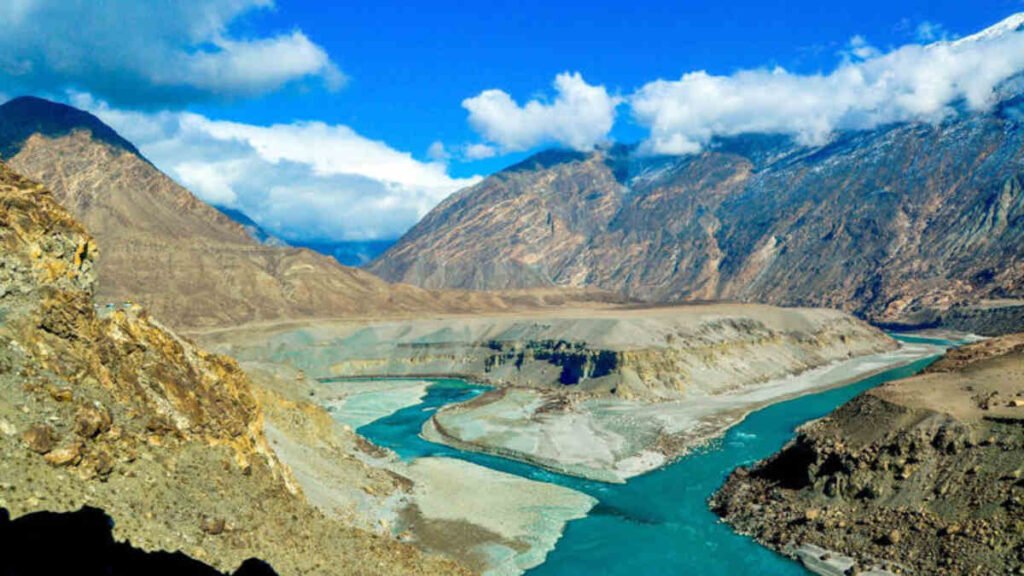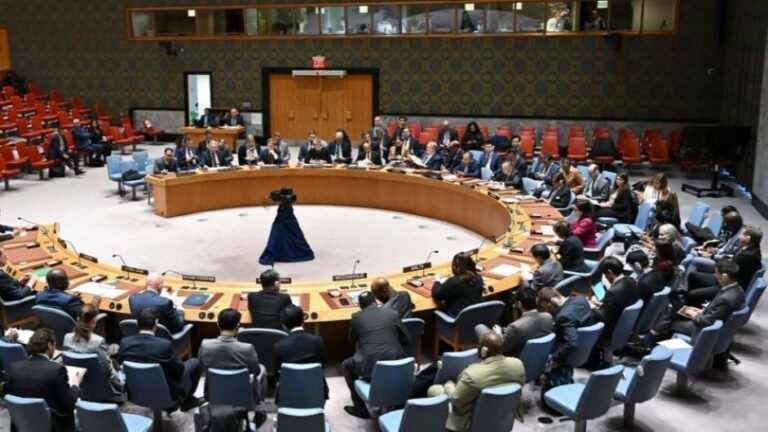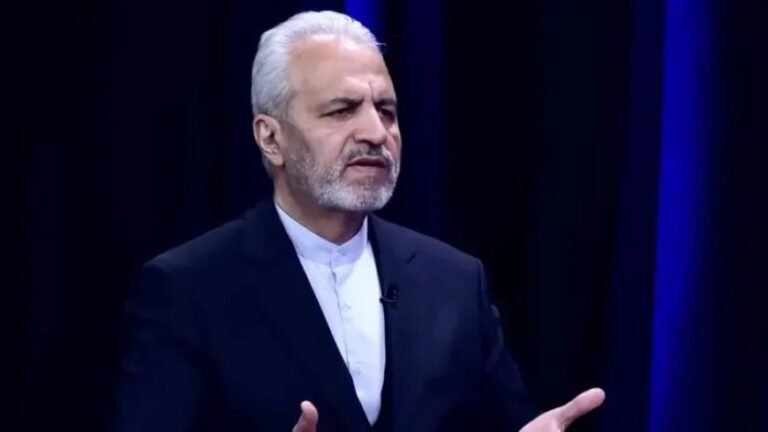Can India unilaterally pull out of the Indus Water Treaty? The simple answer is NO. Since the start of the most recent tension between Pakistan and India, in which India has alleged Pakistan of involvement in the Pehalgam attack killing 26 tourists in the Indian Occupied Jammu and Kashmir on April 22, it has announced to pull out of the Indus Water Treaty unilaterally.
The suspension of the Treaty as claimed by India is among several steps India has taken against Pakistan after accusing it of promoting cross-border terrorism. Pakistan’s lack of involvement in the recent attack can easily be seen as the country has openly offered investigations by a neutral international authority, the same as provided in the past when India made similar allegations against Pakistan.
However, for Pakistan, stopping the water flow would be “considered as an Act of War.” According to Pakistan’s former High Commissioner to India, Abdul Basit, the Indus Water Treaty can neither be suspended nor terminated unilaterally.
The reason is the violation of Article 12 of the Indus Water Treaty. Those familiar with the treaty would know its Article 12 (clauses 3 and 4 to be specific) prevents any state from unilaterally making modifications to the treaty or suspending it. The clauses are mentioned as follows:
Clause (3) The provisions of this Treaty may from time to time be modified by a duly ratified treaty concluded for that purpose between the two Governments
Clause (4) The provisions of this Treaty, or the provisions of this Treaty as modified under the provisions of Paragraph (3), shall continue in force until terminated by a duly ratified treaty concluded for that purpose between the two Governments
The 1960 Indus Water Treaty (IWT) has already survived two wars and several skirmishes between India and Pakistan and was seen as an example of transboundary water management, brokered by the World Bank. The treaty allocated the three eastern rivers, Ravi, Beas, and Sutlej, to India, and the three western rivers, Indus, Jhelum, and Chenab, to Pakistan.
Read More: Diplomatic Storm: NSC Meets Amid Rising Tensions with India
This is not the first time India has decided to violate the treaty. Article 6 of the treaty binds both India and Pakistan to share water flow and water utilization data annually. This data sharing is crucial for flood forecasting and planning for irrigation, hydropower, and drinking water.
However, India has been violating this clause for a long time now. Shiraz Memon, Pakistan’s former additional commissioner of the Indus Waters Treaty told BBC that “India was sharing only around 40% of the data even before it made the latest announcement.”
Several disputes have flared in the past when India decided to build hydropower dams such as Salal and Baglihar dams on the western rivers, reducing the water flow and violating the treaty, despite that 80% of Pakistan’s agriculture depends on the Indus basin water.
Is India Capable of Holding Back Indus Basin Waters?
Experts say that it is impossible for India to hold back billions of cubic meters of water. India lacks both the storage capacity and the extensive canal network to divert water from the western rivers.
According to India’s own experts, the country has inadequate infrastructure to fully utilize even a 20% share of Jhelum, India, and Chenab, an argument they build to convince the Indian government to build more dams.

Himanshu Thakkar, a regional water resource expert said, “The infrastructure India has are mostly run-of-the-river hydropower plants that do not need massive storage.” These hydropower plants use the pressure from running water to spin turbines and generate electricity, without accumulating large volumes of water.
Moreover, if India does try to hold back the water from the Indus basin, it would risk flooding its territory since its dams are far from Pakistani borders.
Repercussions of Violating Indus Water Treaty, for India
Violating and suspending the Indus Water Treaty will have several repercussions for India. Some of them are as follows:
China’s Reaction: It is also important to note that India is downstream of China in the Brahmaputra basin, and Indus water also flows from Tibet. In 2016 when India alleged Pakistan of the Uri attack, it stated that “Blood and water cannot flow together.”

Following the statement, China blocked a tributary of the Yarlung Tsangpo, that joins the Brahmaputra in northeast of India. China stated that it stopped the water flow because it was constructing a hydropower dam near the border, but the timing was seen as extremely crucial for all parties involved.
Diplomatic Fallout: Pakistan’s Federal Ministry of Water Resources has stated that the government is considering writing to the World Bank, the guarantor of the Indus Water Treaty, to raise concerns over India’s actions.
Read More: How India’s Reaction to Pahalgam Threatens Regional Stability?
Pakistan can also take the issue to other international forums such as the International Court of Justice (ICJ) and the United Nations, which would damage India’s credibility and label it as a state that does not respect international agreements. It can also worsen the already strained relations between India and Pakistan and can lead to a war, as indicated by Pakistan’s former senator, Mushahid Hussain Syed.
Economic Impact: Global investors prefer to invest in a stable economy. If tensions over a water dispute escalate, it will impact the investment, trade, and development projects of India, and could lead to international sanctions.
Indus Water Treaty is considered one of the most successful water-sharing agreements, and violating it unilaterally would severely cost India politically, economically, and strategically than any short-term advantage it might gain now.
Javaria Khalid is a writer and researcher, who specializes in Pakistan's Foreign Policy Analysis, transatlantic geopolitics, and Pakistan’s relations with the European countries and the EU. She can be reached at javariakhalid011@outlook.com
















